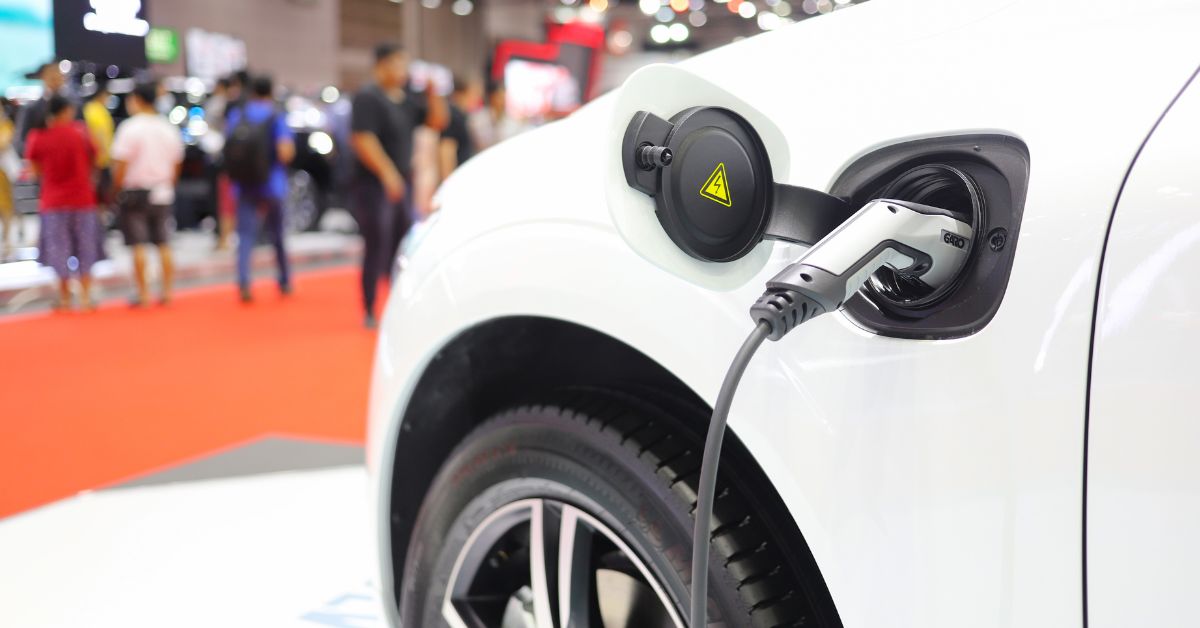Dubai, UAE – Nearly 15 million electric cars, including both battery electric and plug-in hybrid vehicles, are expected to be shipped worldwide in 2023, Gartner, a global research firm says in its latest forecast.
The figure is anticipated to see a 19% increase in 2024, with a total of 17.9 million electric cars set to hit the global market.
Gartner’s report also highlights the broader EV landscape, estimating that shipments of all electric vehicles, including cars, buses, vans, and heavy trucks, will reach 18.5 million units in 2024.
Electric cars are predicted to represent a significant portion of this growth, accounting for 97% of total EV shipments in the upcoming year.
The breakdown of EV shipments by vehicle type in 2024 is as follows:Cars (17,855,428 units),
Buses (207,845 units), Vans (349,950 units) and Heavy Trucks (39,349 units).
The analysis further suggests that battery electric vehicles (BEVs) are poised for substantial growth, increasing from 9 million units in 2022 to an estimated 11 million units by the end of 2023. Meanwhile, plug-in hybrid electric vehicles (PHEVs) are expected to experience a slightly slower growth rate, rising from 3 million units in 2022 to 4 million units in 2023.
“The proportion of PHEV, as a percentage of total EVs in countries like the U.S., Canada and Japan will slightly grow as consumers in those countries prefer PHEVs to BEVs. U.S. consumers who are transitioning from a pure internal combustion engine (ICE) car are choosing to adopt PHEVs over their BEV counterparts because PHEVs combine the ability to deliver emission free urban driving, with the convenience of gasoline powered propulsion for longer journeys,” said Jonathan Davenport, Sr Director Analyst at Gartner. “The situation is different in Western Europe, China and to a lesser extent India, where consumers favor BEV’s lower overall running costs, quieter driving experience and green credentials.”
Gartner’s report suggests a significant shift in the automotive industry as governments worldwide take steps to reduce emissions. This includes initiatives to restrict the sale of non-zero-emission vehicles and automakers’ commitments to reducing tailpipe emissions from light-duty vehicles. As a result, more than half of the vehicle models marketed by automakers are expected to be EVs by 2030.
Gartner anticipates that by 2027, the average price of a battery electric vehicle (BEV) will reach parity with traditional internal combustion engine (ICE) vehicles of similar size and configuration. This price convergence is expected to drive the global adoption of EVs.
However, by 2030, challenges related to power generation and network capacity may hinder mass EV deployment, irrespective of price. To address this issue, Gartner suggests implementing incentives for EV owners to charge their vehicles during off-peak electricity consumption periods and developing smart grid technologies to manage EV charging efficiently.

